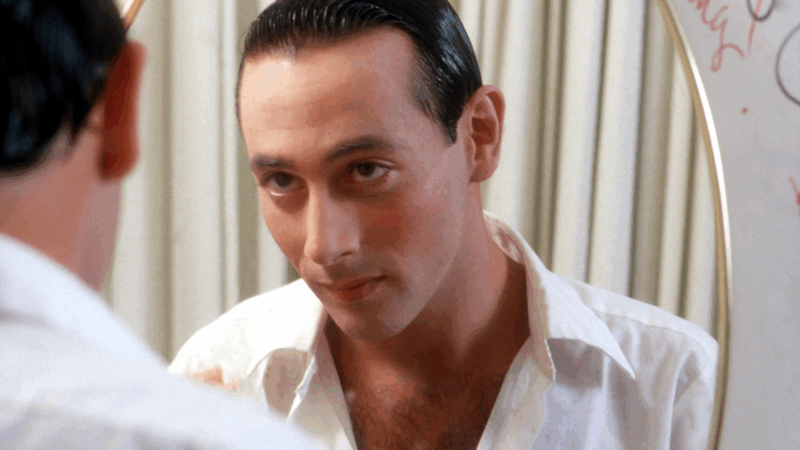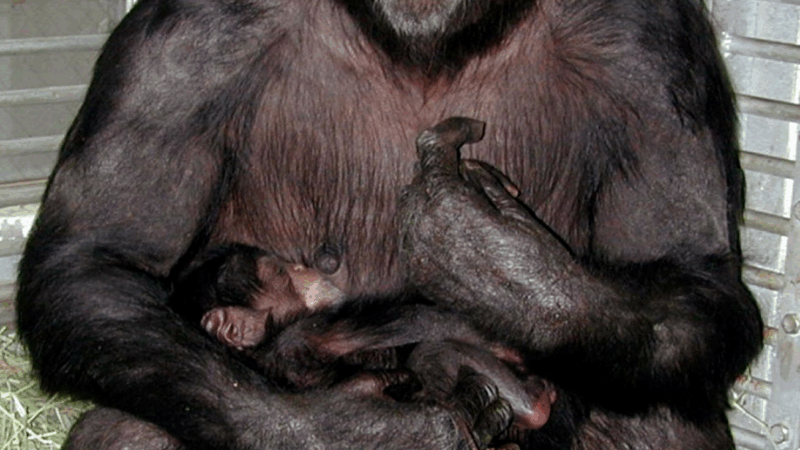‘Pee-wee as Himself’ gives unprecedented access to an eccentric comedy legend
Moments into the illuminating, two-part HBO documentary Pee-wee as Himself, what emerges pretty quickly is a struggle for control.
Paul Reubens, the performer who invented the Pee-wee Herman character and turned him into a worldwide pop culture icon, faces the camera in the documentary’s opening moments, jousting with director Matt Wolf over the question of whether Reubens should direct it all himself.
“Many people – alright, everyone but me – feel that you don’t, as the subject of a documentary … you don’t have perspective really on yourself,” Reubens says, winking impishly at the lens, like a graying version of Pee-wee. “I will argue that. And you and I are going to be arguing that for a long, long time. Until this documentary is finished. You mark my words.”
Unfortunately, Reubens never got a chance to see the finished project, which debuts Friday on HBO and Max. After taping 40 hours of interviews, he unexpectedly cut off contact with Wolf and the production after a year. As the documentary notes, Reubens died July 30, 2023 — he had been fighting cancer for years, but kept his diagnosis private from almost everyone.
The day before he died, however, he did record audio featured in the film. “More than anything, the reason I wanted to make a documentary was to let people see who I really am and how painful and difficult it was to be labeled something I wasn’t … a pedophile,” Reubens says in a raspy voice. “I knew it was going to change everything moving forward …”
Reubens had already turned over many hours of footage and thousands of photographs taken over his life and career, giving Wolf and his production team unprecedented access to chart the rise and fall of an eccentric, brilliant comedy legend. Reubens’ regular attempts to push or charm the director into giving him more control – including a video call where he suggests that he should get to interview the documentary’s other subjects himself — is a prickly spice that helps move viewers through a sprawling, complex tale.
And what a story, including Reubens’ early days in The Groundlings comedy troupe developing the character of Pee-wee Herman — a grown-up kid with a funny voice and habit of wearing high-water pants with a bow tie around his neck. Eventually, the character emerges as a worldwide phenomenon, leading three movies and a kids show on CBS. Throughout, Wolf’s documentary provides a telling look at the relentless perfectionism and drive required to fulfill Reubens’ ambitions, filled out by interviews with friends and collaborators like Laurence Fishburne and Debi Mazar.

Words from Reubens’ interviews provide most of the narration, revealing that he was often torn about his decision to rarely appear in public as himself, so that the world only knew him as his alter ego, Pee-wee. That strategy helped him keep a personal anonymity – for example, it hid that he was gay and, in his words, “a huge weed head” – while building up the character’s popularity.
But it also meant few people knew how much his vision shaped the films and TV shows featuring the character. (He admits being jealous of the way Tim Burton, who directed the first film Pee-wee’s Big Adventure in 1985, got so much credit for the movie’s success.)
That anonymity also hurt him in 1991, when he was arrested at an adult movie theater in Sarasota, Fla., by police, who charged him with indecent exposure. Years later, in 2002, he was charged with misdemeanor possession of child pornography in Los Angeles for images police said they found in his extensive collection of kitsch memorabilia and vintage pornography. He eventually entered a plea of no contest to the 1991 charges and pleaded guilty to a lesser obscenity charge in 2004. In Pee-wee as Himself, Reubens and his representatives deny that he exposed himself in 1991 or that the photos police found in 2002 depicted children.
The documentary outlines the backlash Reubens endured as a result of the arrests, and the words he recorded on his last day show how much those scandals still weighed on him, decades later. And yet, even as Reubens uses the documentary to tell his side, Wolf balances the story with interviews featuring former employees noting that his controlling ways and tendency toward conflict with collaborators could also cause problems.
In the end, Pee-wee as Himself offers a touching portrait of an artist who rarely revealed himself publicly – in the process, explaining why sharing his personal story was so difficult in the first place.
What else is on TV this week?
Nine Perfect Strangers
Season 2 debuts Wednesday on Hulu
There are a lot of TV shows out there these days looking to satirize clueless wealthy (mostly) white people and their bizarre blind spots. (For instance, Netflix’s Sirens and the HBO film Mountainhead both tackle that subject this week and next). But there are few projects that marry absurdity, satire, suspense and drama quite like Nine Perfect Strangers, which centers a group of privileged folks assembled at a wellness retreat helmed by a demanding, risk-taking guru played by Nicole Kidman.
In the show’s second season, Kidman’s strangely-accented character Masha isolates her group at a resort in the snowy Austrian Alps, where they are secretly and not-so-secretly dosed with hallucinogens, following a wellness regimen that seems to include her own very personal agendas. Backed by an ensemble including Mark Strong, Christine Baranski and Murray Bartlett, it’s an interesting ride that balances the dramatic and bizarre in compelling ways.
Couples Therapy
The second part of Season 4 debuts Friday on Paramount+ with Showtime
I don’t like much so-called “reality TV” – mostly because I don’t think many shows are honest enough with viewers or participants. But this series, featuring four couples counseled by psychologist and psychoanalyst Dr. Orna Guralnik, does a wonderful job of exploring how people can fall into relationship-busting patterns of behavior and the tremendous effort required to change. As a plus, Dr. Guralnik is shown talking over their cases with other therapists, providing a look at how she is developing strategies for helping her clients. And though the subjects are obviously aware of the presence of cameras, the show is open about showing when they may be affected by the production and when they are engrossed in telling their own stories. One word of warning: If you’ve been through a divorce, as I have, watching bickering couples in classic conflict cycles may be a little triggering. Still worth it.
US launches new retaliatory strike in Syria, killing leader tied to deadly Islamic State ambush
A third round of retaliatory strikes by the U.S. in Syria has resulted in the death of an Al-Qaeda-affiliated leader, said U.S. Central Command.
NASA rolls out Artemis II craft ahead of crewed lunar orbit
Mission Artemis plans to send Americans to the moon for the first time since the Nixon administration.
Trump says 8 EU countries to be charged 10% tariff for opposing US control of Greenland
In a post on social media, Trump said a 10% tariff will take effect on Feb. 1, and will climb to 25% on June 1 if a deal is not in place for the United States to purchase Greenland.
‘Not for sale’: massive protest in Copenhagen against Trump’s desire to acquire Greenland
Thousands of people rallied in Copenhagen to push back on President Trump's rhetoric that the U.S. should acquire Greenland.
Uganda’s longtime leader declared winner in disputed vote
Museveni claims victory in Uganda's contested election as opposition leader Bobi Wine goes into hiding amid chaos, violence and accusations of fraud.
Opinion: Remembering Ai, a remarkably intelligent chimpanzee
We remember Ai, a highly intelligent chimpanzee who lived at the Primate Research Institute of Kyoto University for most of her life, except the time she escaped and walked around campus.






